
By KRISTEN HAYASHI
The Little Tokyo Historical Society (LTHS) will host a celebration of the 90th anniversary of the Japanese Hospital in Boyle Heights on Sunday, Dec. 1, from 2 to 4 p.m. at Tenrikyo Mission Headquarters, 2727 E. First St. in Los Angeles.
The celebration will include presentations on the history of the hospital and the surrounding neighborhood of Boyle Heights, recognition of former patients of the hospital as well as those who worked there, a taiko performance by Yoki Daiko, and birthday cake.
Parking for the event is available in Tenrikyo Mission Headquarters’ lot on North Saratoga Street at First Street. Admission to the event is free and open to the public. To RSVP for the event, email littletokyohs@gmail.
The Japanese Hospital illuminates an ethnic community’s attempt to create a health care facility as a means to combat racial discrimination that barred Japanese immigrants from receiving care at many mainstream health facilities in early 20th-century Los Angeles.?Itinerant Japanese midwives and doctors crisscrossed the region to attend to patients.
During the 1918 influenza epidemic, the need for more adequate health care facilities was critical. By the 1920s, Japanese Angelenos determined that a hospital was needed to serve their burgeoning community. As a result, in 1926, five Japanese immigrant doctors attempted to incorporate the Japanese Hospital on property they acquired at First and Fickett streets in Boyle Heights.
The California Secretary of State denied their application for incorporation on the grounds that the doctors were ineligible for citizenship and therefore could not own or lease property. When the physicians contested the decision, the case went to the California State Supreme Court and ultimately to the U.S. Supreme Court in 1928. Both courts ruled in favor of the doctors and the hospital opened on Dec. 1, 1929.
The bravery of the immigrant doctors to fight for the betterment of their community despite not having the rights of citizens is remarkable. The civil rights victory that resulted from their efforts is a significant accomplishment that all Angelenos can be proud of.
The Japanese Hospital reflects the dejureand defacto?discrimination that restricted Japanese Americans (and other ethnic groups) for decades as well as ways in which they successfully navigated these challenges. Despite the ethnic-specific name of the hospital, it has also served a diverse group of Angelenos since its founding, developing a reputation for providing good care.
In recognition of this rich history, the LTHS applied for historical-cultural monument status from the City of Los Angeles for the Japanese Hospital. In 2016, the city designated the hospital as HCM #1131. Earlier this year, the LTHS applied for National Register status for the Japanese Hospital. Recently, the Keeper of the National Register determined the Japanese Hospital eligible for the National Register of Historic Places.
Since 2006, the LTHS has been committed to documenting and verifying history of locales, sites and buildings, as well as preserving and sharing the history and personal stories of Little Tokyo and its residents. The LTHS obtained HCM status from the City of Los Angeles for the Aoyama Tree (HCM# 920) and is currently awaiting approval for the Sakai-Kozawa Residence/Tokio Florist and Pole Sign.
The LTHS has developed naming sites for Rev. Howard Toriumi, Sei Fujii, Toyo Miyatake, and The Finale Club in various locations throughout Little Tokyo. The LTHS also captures the spirit of Little Tokyo through its annual Imagine Little Tokyo Short Story Contest.
For more information about the Japanese Hospital 90thanniversary celebration as well as the LTHS’additional upcoming events, email [email protected].
LTHS Seeks Individuals with Japanese Hospital Connection?
The Little Tokyo Historical Society is interested in identifying individuals who have a connection to the hospital. There will be an opportunity at the program for attendees to share that they were born at the hospital, received health care at the hospital, or are a descendant of a former staff members. Additionally, attendees are encouraged to bring in photographs, documents, or any other ephemera for scanning.
 Live through incredible Berlin Wall escape stories with YouTube's VR history project
Live through incredible Berlin Wall escape stories with YouTube's VR history project
 Dude makes 'why you should swipe right' PowerPoint for his Tinder and it worked
Dude makes 'why you should swipe right' PowerPoint for his Tinder and it worked
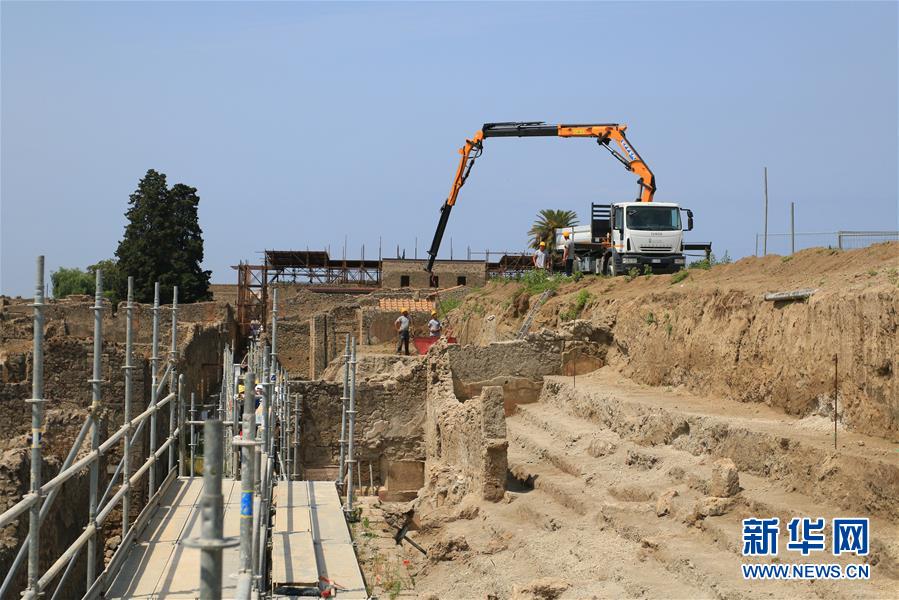 Student who survived school shooting mixes humor with activism tweets
Student who survived school shooting mixes humor with activism tweets
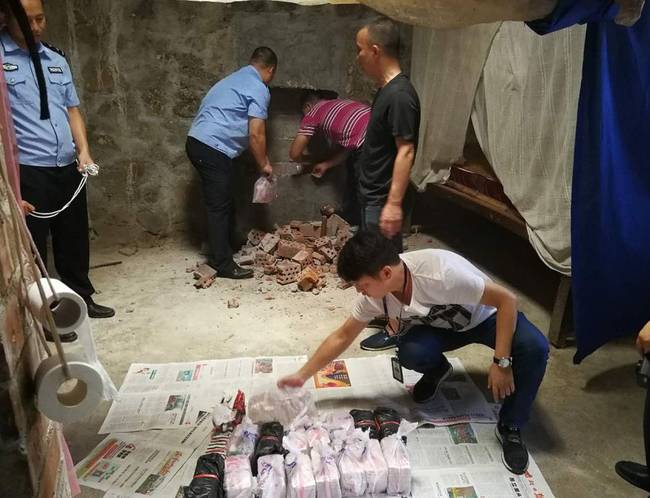 U.K. couple steals back stolen car after tracking it down with Apple AirTag
U.K. couple steals back stolen car after tracking it down with Apple AirTag
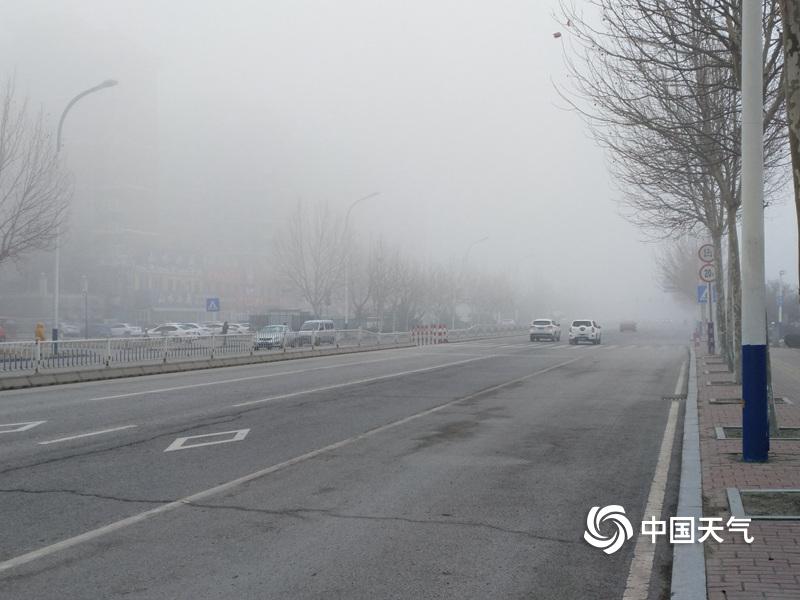 Letterboxd announces TV series reviews coming in 2024; apparently regrets saying so
Letterboxd announces TV series reviews coming in 2024; apparently regrets saying so
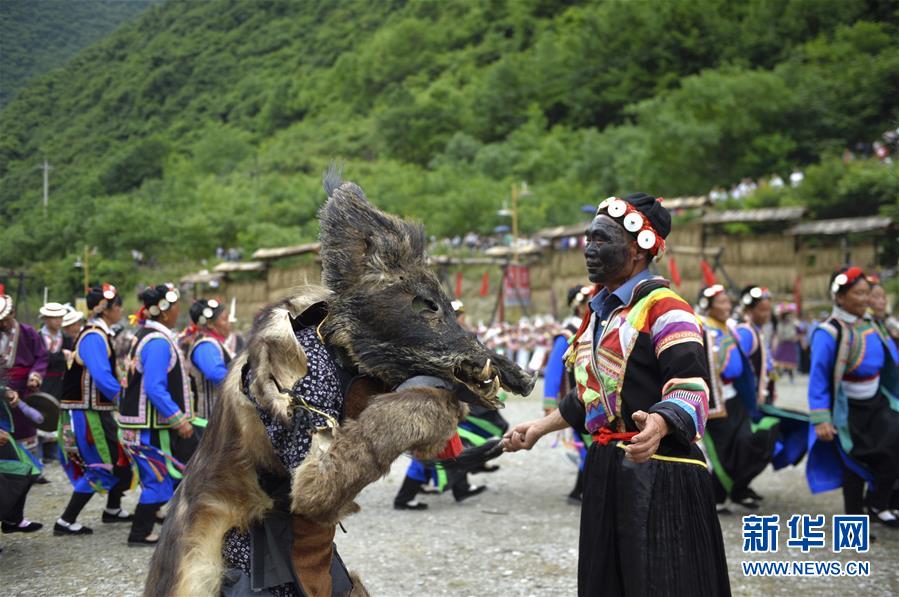 Tessa Virtue and Scott Moir skate on Olympic ice for the last time
Tessa Virtue and Scott Moir skate on Olympic ice for the last time
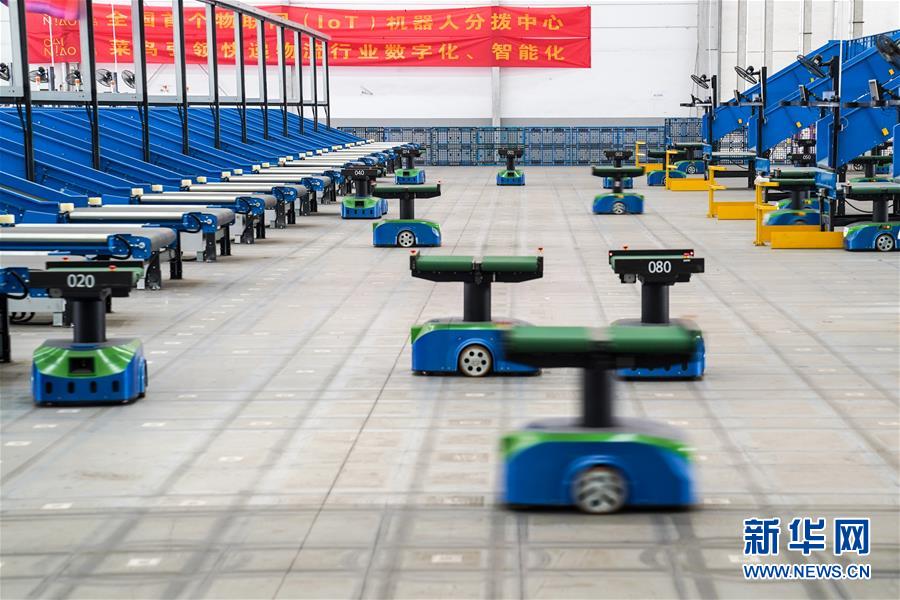 Selfie Olympics are back and they're even more intense in 2018
Selfie Olympics are back and they're even more intense in 2018
 A huge star just exploded, and you can really see it in the sky
A huge star just exploded, and you can really see it in the sky
 Lil Bub, the adorable internet
Lil Bub, the adorable internet
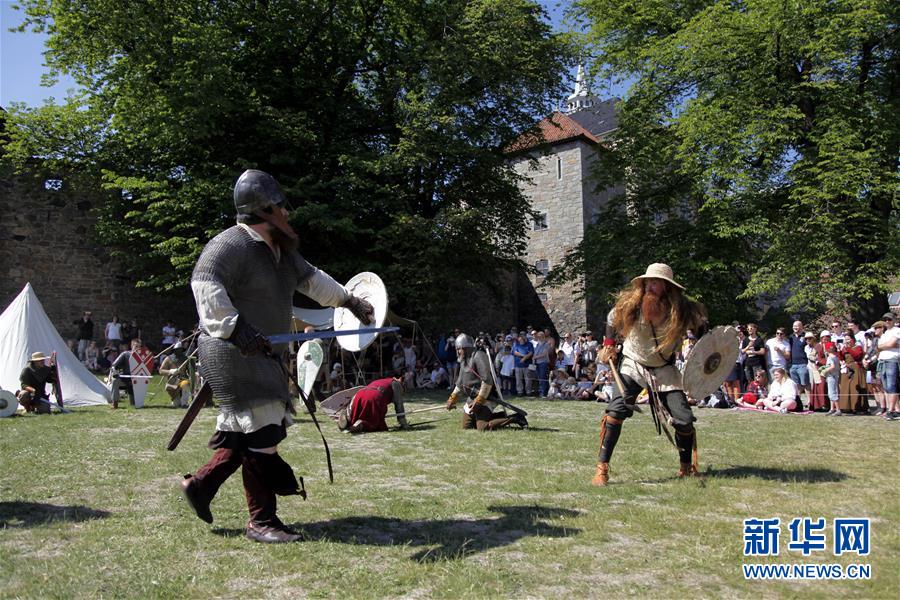 People are weirded out by 'creepy' interview with New Zealand's PM
People are weirded out by 'creepy' interview with New Zealand's PM
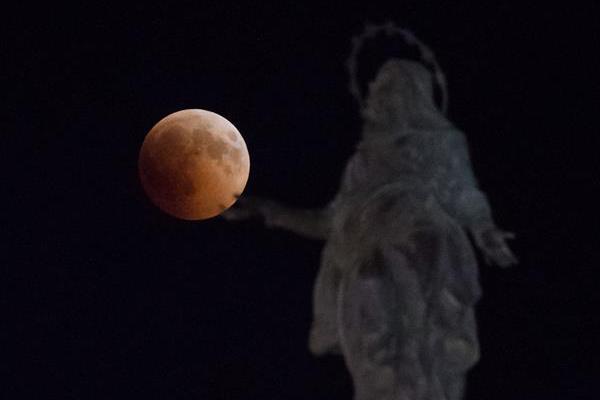 Take an internet break this year
Take an internet break this year
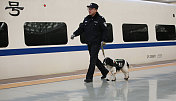 Jamaica's first women's Olympic bobsled team just made history
Jamaica's first women's Olympic bobsled team just made history
 Gucci serves 'Game of Thrones' realness on the runway with Khaleesi
Gucci serves 'Game of Thrones' realness on the runway with Khaleesi
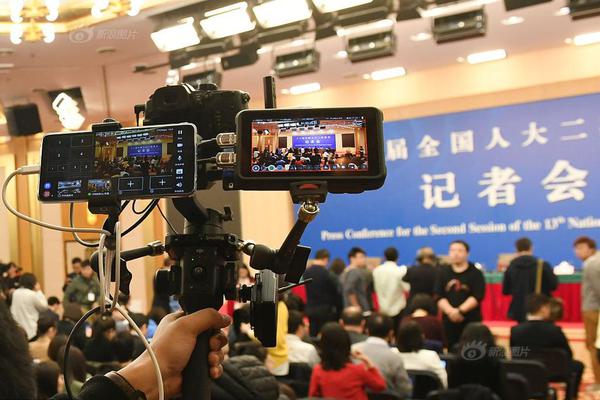 Former Googler: I was fired for comments on 'white male privilege'
Former Googler: I was fired for comments on 'white male privilege'
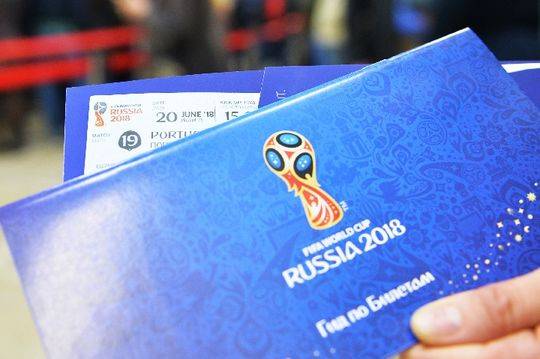 Wordle today: The answer and hints for January 13
Wordle today: The answer and hints for January 13
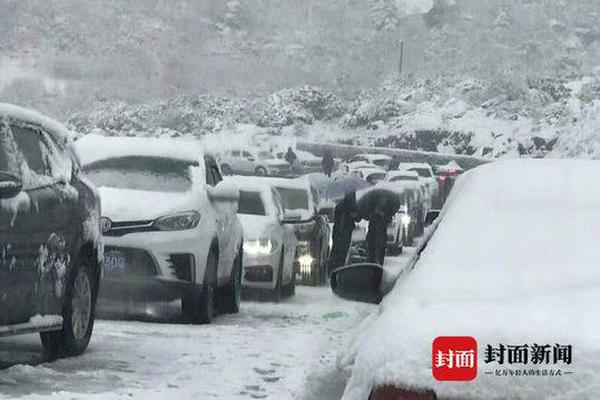 I have never once 'liked' anything on Facebook. And I never will.
I have never once 'liked' anything on Facebook. And I never will.
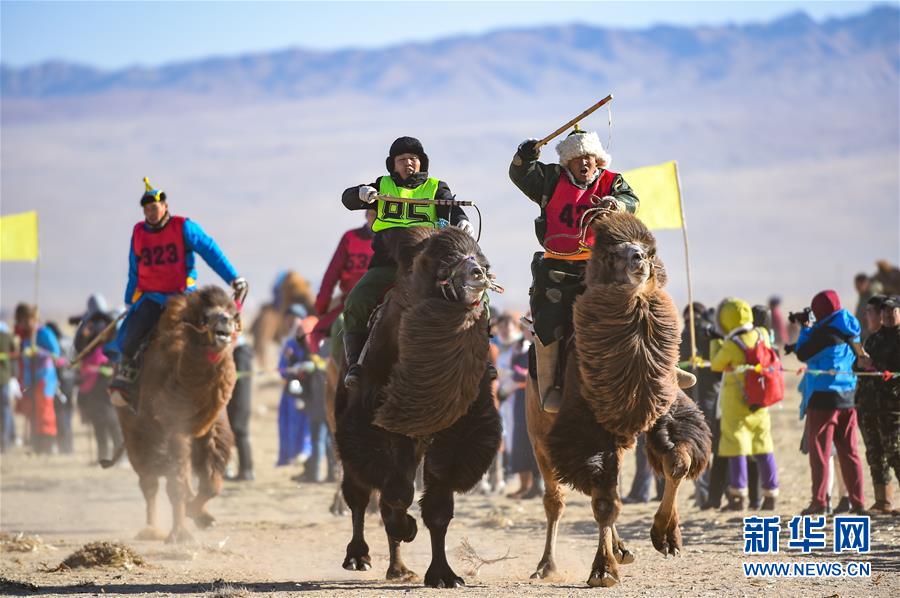 Facebook data powers American inequality study by economist Raj Chetty
Facebook data powers American inequality study by economist Raj Chetty
 Gucci serves 'Game of Thrones' realness on the runway with Khaleesi
Gucci serves 'Game of Thrones' realness on the runway with Khaleesi
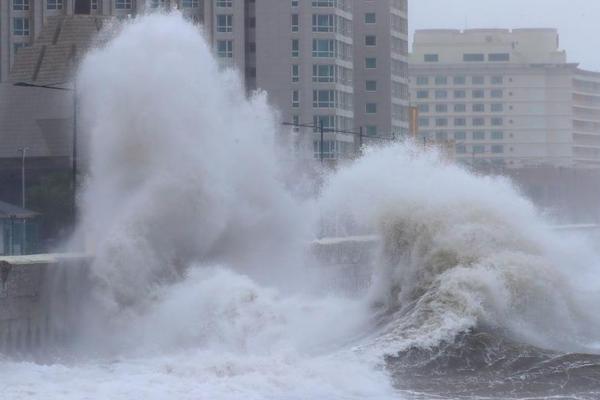 TV screen time may lead to sensory difficulties for young kids
TV screen time may lead to sensory difficulties for young kids
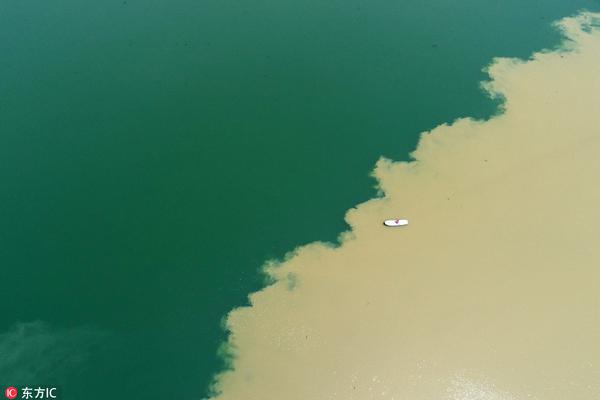 CDC reports increase in HIV diagnoses among millennials in U.S
CDC reports increase in HIV diagnoses among millennials in U.S
What CD binders say about 90s kids' musical identityApple apologizes for dropping ball on Siri privacyGoogle releases Android 10 with batteryNetflix's 15 best movies and shows to download for the planeChina's Uber to launch fleet of selfApple apologizes for dropping ball on Siri privacyYouTube Kids is branching off with a separate websiteHBO's Los Espookys is the best comedy you may have missed this summerThis fire department has a blunt message for people filming at emergenciesChina's Uber to launch fleet of self Twitter sues Elon Musk for backing out of takeover deal 'Elden Ring' Grand Lift medallions: Where to find them, what you'll face How to edit an iMessage in iOS 16 How to make an emoji background in iOS 16 Is Twitter down today? What we know about the outage Here's why Netflix's 'Man vs Bee' is a TV series and not a film Netflix's ad tier won't have all of the usual content Wordle today: Here's the July 19 Wordle answer and hints Samsung's new foldable phones to launch in August, leaker says 'Wordle' stats can now be tied to your New York Times account
0.3956s , 14409.015625 kb
Copyright © 2025 Powered by 【well built 60 year old women sex videos】Enter to watch online.Japanese Hospital: A Community Civil Rights History,